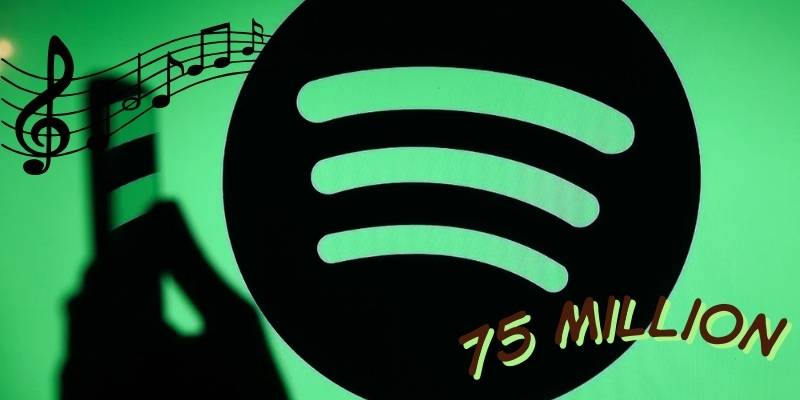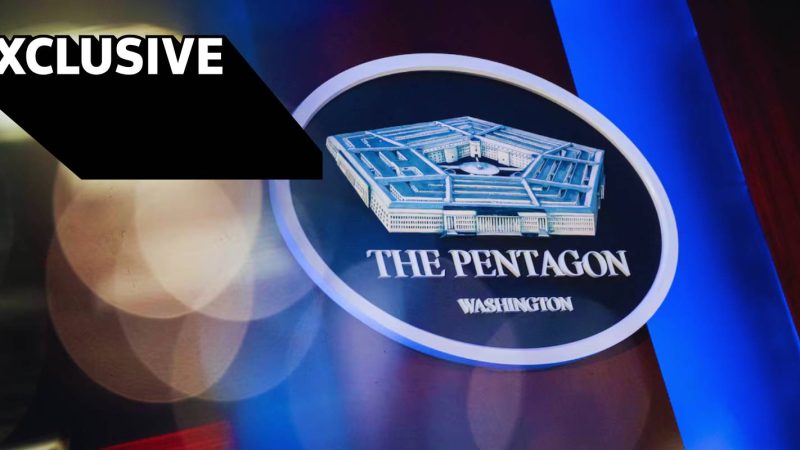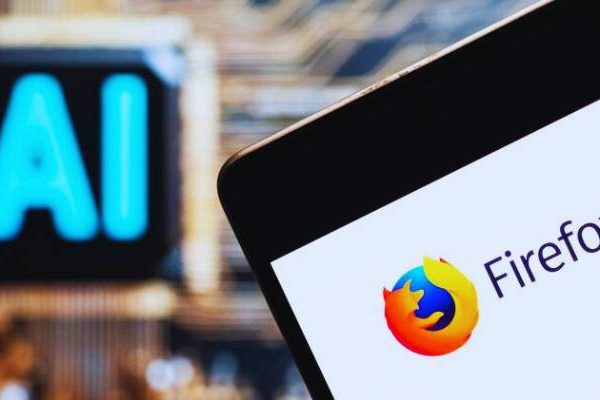
Spotify Purges 75 Million Fake Tracks as AI Floods Music Industry
Spotify has quietly carried out one of the biggest digital clean-ups in music history, removing a staggering 75 million tracks it deemed “spam” over the past year.
The purge, confirmed this week, is the company’s attempt to rein in an avalanche of AI-generated songs overwhelming the platform.
And while the number itself is jaw-dropping, the underlying story says even more about where music, technology, and trust collide.
According to The Guardian, the majority of these tracks weren’t just harmless experiments.
They were churned out at industrial scale—low-quality audio stitched together by algorithms, designed to game the platform’s payment system.
Imagine faceless entities flooding playlists with background noise just to skim fractions of a cent from every play.
It’s like a digital version of musical junk mail, except this time it was clogging the arteries of the world’s biggest streaming service.
What makes the situation more complex is that Spotify isn’t alone in fighting this tidal wave of machine-made sound.
Only months ago, Rolling Stone reported on the uproar caused by AI tracks mimicking stars like Drake and The Weeknd.
Fans were both fascinated and furious—was it brilliant satire, or theft in disguise?
For record labels, the incident was proof that AI-generated music could slip into the mainstream undetected, sparking legal headaches and existential questions about creativity.
Spotify’s move also hints at a bigger problem: how do platforms distinguish between playful AI artistry and manipulative spam?
According to Billboard, lawmakers in Washington are starting to ask the same thing. Proposed bills would require clearer labeling of AI-made content, giving consumers a chance to decide for themselves whether they want to support it.
But anyone who’s ever scrolled through endless playlists knows enforcement will be tricky at best.
Behind all of this, there’s the uneasy reality that AI music isn’t going anywhere. Tools are evolving so fast that some songs can be generated in seconds, with lyrics, melodies, and even convincing vocal performances.
In fact, Pitchfork recently highlighted how independent artists are experimenting with AI as collaborators, not replacements—using it to brainstorm riffs, test lyrics, or build new soundscapes.
So while spam-farming is ugly, there’s also genuine creativity being unlocked by the same tech.
Personally, I can’t help but feel a twinge of nostalgia here. Remember when making music meant saving up for studio time, or at least learning three guitar chords in a garage?
Now anyone with a laptop can pump out tracks by the dozen. Democratization is great, sure, but there’s something unsettling about music becoming just another commodity in an endless algorithmic scroll.
When every playlist is bloated with filler, how do the songs that actually matter—the ones that break your heart or soundtrack your best nights—stand out?
Spotify insists it’s tightening its detection tools and refining payouts so that genuine artists don’t get drowned out.
But that’s easier said than done. Every step forward in detection seems to be met with a new wave of more sophisticated fakes.
The battle is shaping up less like a one-time purge and more like an endless tug-of-war over what music even means in an age where machines are now composers, performers, and—sometimes—impostors.
So the bigger question is this: will listeners care who, or what, made the music in their earbuds, as long as it sounds good?
If history is any guide, audiences have always loved a catchy tune no matter the source. But there’s also a stubborn part of us that wants to know there’s a human story behind the melody.
Maybe that tension will be what decides the future of music: authenticity versus convenience, soul versus scale.
For now, Spotify’s purge is a shot across the bow—a signal that the platform won’t let itself become a dumping ground.
But the storm is only beginning, and the lines between art and spam are getting blurrier by the day.





















